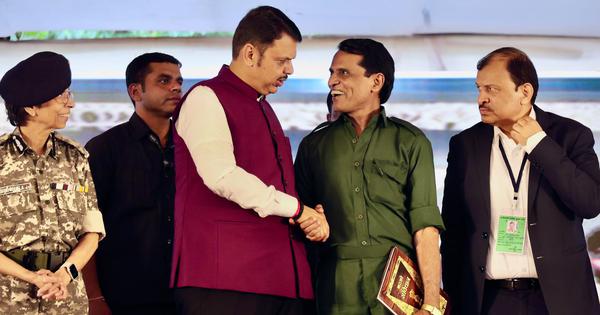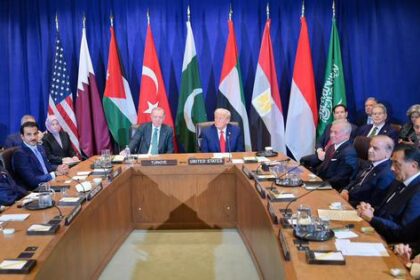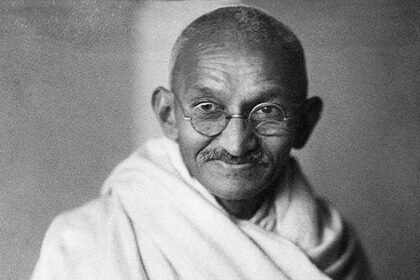Bhupathi’s surrender marks a significant moment in the ongoing conflict in Maharashtra’s Gadchiroli district.
Mallojula Venugopal Rao, known as Bhupathi, a prominent member of the banned Communist Party of India (Maoist), surrendered in Gadchiroli, Maharashtra, on Wednesday. His surrender took place in the presence of Chief Minister Devendra Fadnavis, alongside 60 other suspected Maoists. This group included two zonal committee members and ten divisional committee members of the party.
Bhupathi had a reward of Rs 6 crore placed on his head. Following their surrender, the group handed over a total of 54 weapons to the authorities. This arsenal included seven Avtomat Kalashnikova 1947 rifles, six Self-Loading Rifles, and nine Indian Small Arms System rifles, according to reports.
In a notable gesture, those who surrendered were awarded a total of Rs 5.24 crore and received copies of the Constitution, an act that Chief Minister Fadnavis stated was meant to encourage belief in democratic values. Bhupathi expressed his commitment to laying down arms and participating in movements aimed at providing relief for oppressed communities in India.
Bhupathi disclosed that the Communist Party of India (Maoist) had engaged in discussions with the government since March and had even proposed a ceasefire in May, though they claimed there was no formal response from the government. He characterized the government’s actions as escalating the violence instead of pursuing dialogue.
The surrender was reportedly influenced by a peace appeal from former General Secretary Basavaraju, who was killed in a confrontation with security forces in May. Bhupathi urged the security forces to halt operations in areas known for Maoist activity for a month to facilitate discussions with other leaders and incarcerated members of the party.
Chief Minister Fadnavis hailed this event as potentially signaling the “beginning of the end of the Naxal movement” in Maharashtra, highlighting the state’s pivotal role in combating Maoist insurgency. He reassured the surrendered individuals that they would receive rehabilitation in Gadchiroli.
The Union government has reiterated its commitment to eradicating Maoism by March 31, 2026. In the neighboring Bastar region of Chhattisgarh, security forces reportedly killed over 400 suspected Maoists in 2024-’25, with some families contesting the police’s claims about the deceased being armed insurgents.
Bhupathi, originally from Telangana’s Peddapalli, holds a Bachelor of Commerce degree and is the brother of the deceased Maoist leader Mallojula Koteshwar Rao, known as Kishenji, who was killed in a gunfight in West Bengal in 2011. His surrender follows that of Pothula Padmavathi, Kishenji’s widow, who also surrendered to the Telangana Police earlier this year. Bhupathi had previously served as a spokesperson for the Maoist party and was responsible for operations in the Dandakaranya Special Zonal Committee in Gadchiroli.








